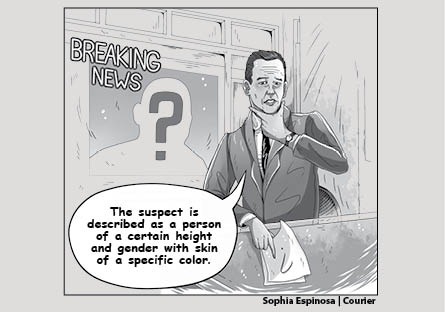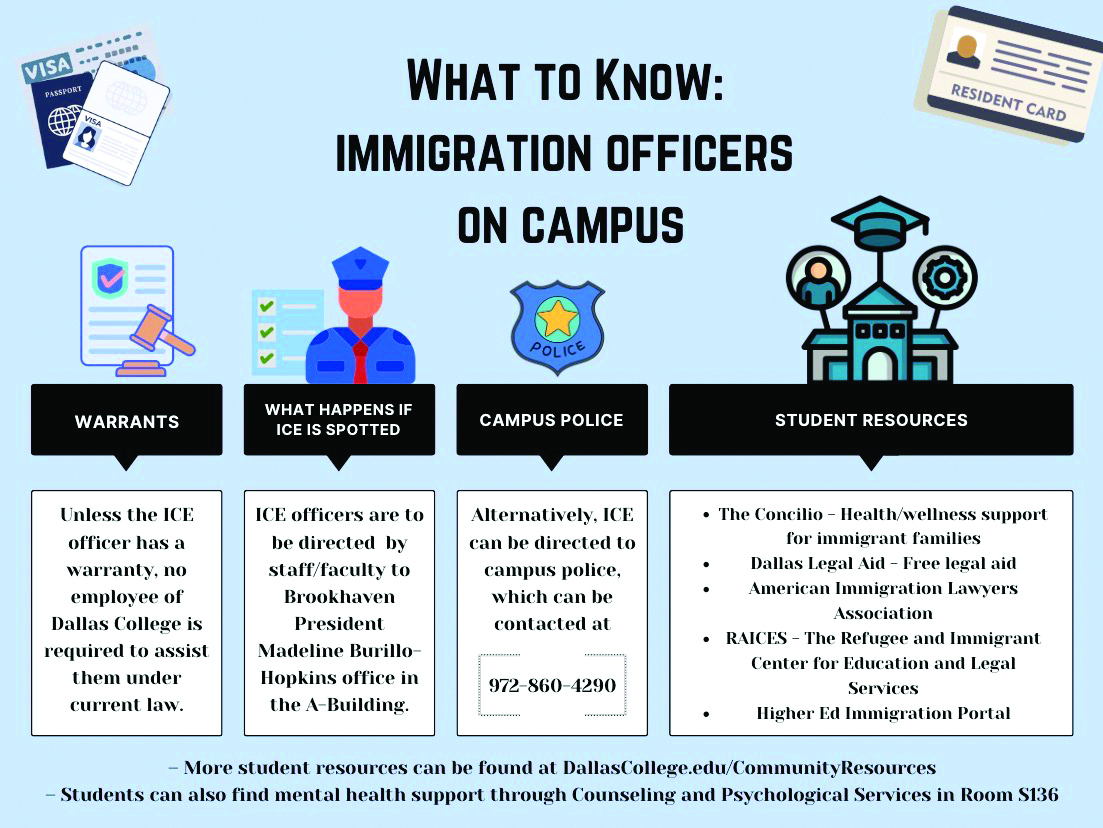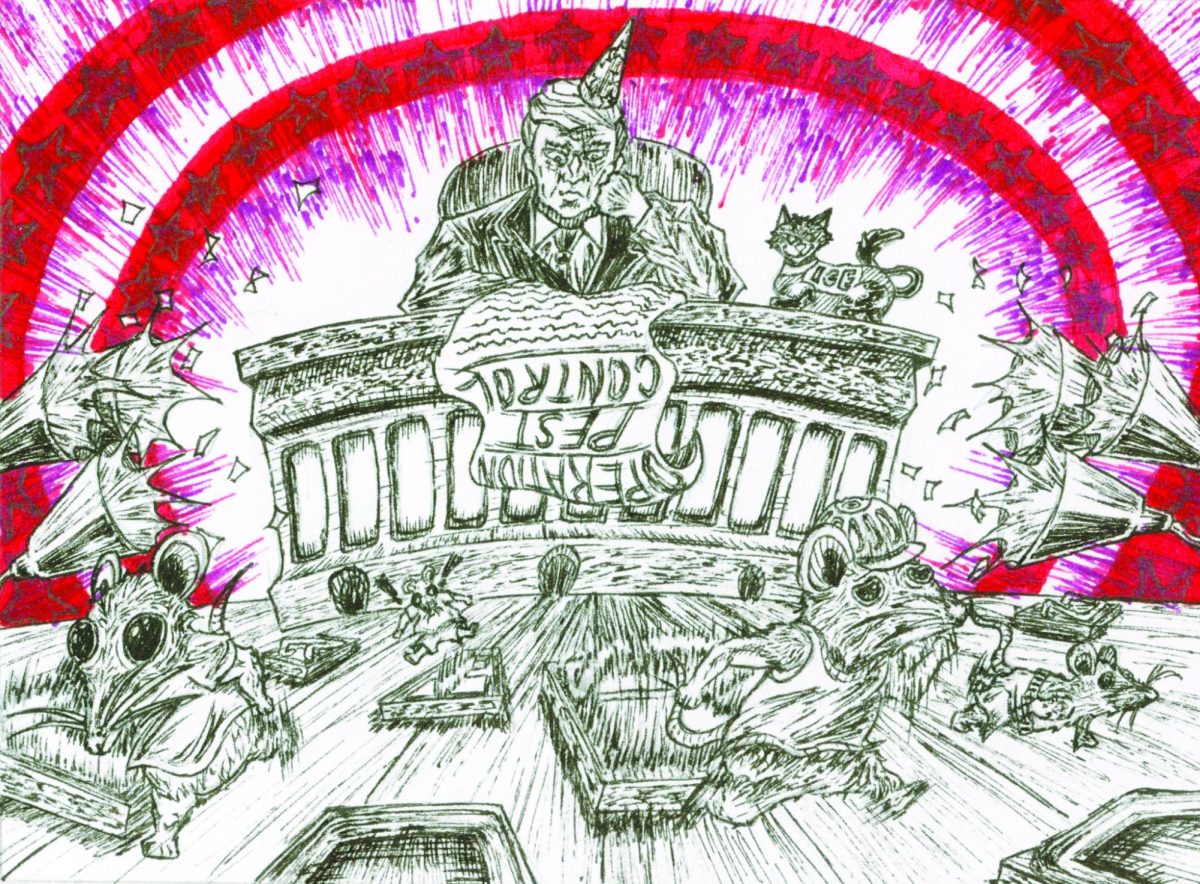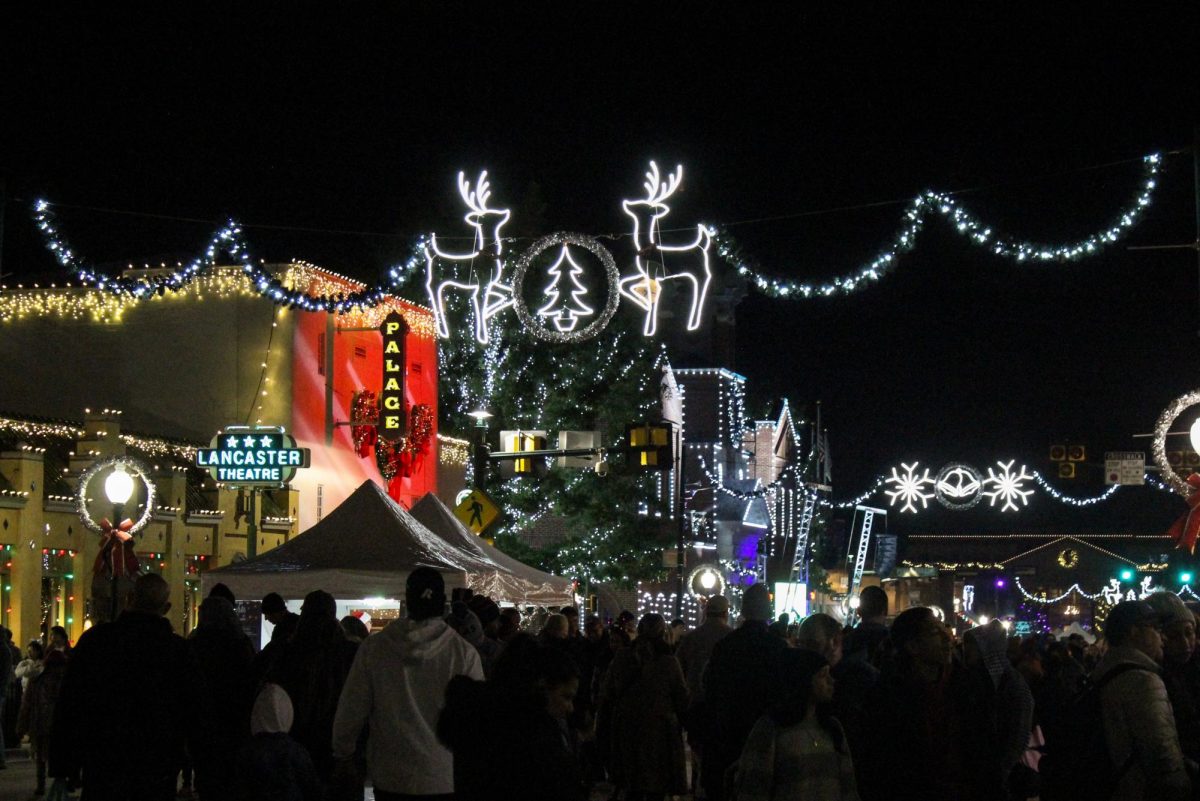Staff Editorial
The Brookhaven Courier staff resolves that continuing to publish the names of perpetrators of active shooter incidents constitutes
responsible journalism.

In the wake of recent active shooter incidents, media outlets and law enforcement agencies are questioning whether or not to publish or release the names of the perpetrators of these heinous acts. It is the opinion of the staff of The Brookhaven Courier that news stories pertaining to active shooter incidents should include the names of the perpetrators when they are available to our reporters. However, we will not refer to the names of shooters after first reference, nor will we publish any manifestos, propaganda or photos showing anything other than the face of the perpetrators.
It is our belief that this method of responsibly publishing these names does not constitute publicizing these people or their actions. Rather, it is the business of journalism to address those who commit crimes against humanity and to serve as history’s first draft, making note of the “who, what, where, when and why” of events both local and global.
“It’s easy and convenient for politicians to beat the press up by accusing them of glorifying a bad person,” Kelly McBride said in an article for poynter.org. “Responsible reporting is the antidote.”
McBride’s article lists several reasons why including the names of shooters is so important to news stories, including: providing a context for a shooter’s actions by revealing his or her backstory, giving readers and journalists the ability to identify trends in who commits these acts and preventing misinformation.
One of the arguments offered by groups such as “Don’t Name Them,” which discourages the use of shooters’ names in the media, is that publishing these names creates copycat shooters.
“We don’t want to make celebrities out of people who have done horrific acts,” Pete Blair, organizer of “Don’t Name Them” and director of Texas State University’s Advanced Law Enforcement Rapid Response Training Center (ALERRT), said.
However, there is little evidence to back up claims of copycat shooters, according to Vanderbilt University professor Jonathan Metzl, in an article for the Associated Press.
Metzl called the effort to withhold these names understandable, but misguided. “[Knowing their names] and their histories lets us better understand the larger social patterns, policies and tensions leading up to their crimes,” he said.
Additionally, some of the claims on dontnamethem.org show a degree of short-sightedness in the face of tragedy. The reasons for not naming shooters listed on the website include: “The shooters should be as unrecognized in their deaths as they were in their lives,” and “this focus (provided by naming shooters) allows the shooter to accomplish one of his goals and validates his life and actions.”
These statements serve to homogenize the experience and intentions of these shooters and ignore the lessons that can be gleaned from the devastation of these acts. In an article for poynter.org, Al Tompkins pointed out that reporting from The Washington Post on the 2007 Virginia Polytechnic Institue and State University (Virginia Tech) shooting helped lawmakers reform Virginia’s mental health system.
The 2012 Washington Post article Tompkins referred to also points out that the reporting of the 1999 Columbine High School shooting led to heightened awareness of troubled teens in high schools across the U.S.
These lessons are what accurate and thorough news coverage of active shooter incidents provide. Yet it is the belief of this paper that a single reference to the names of shooters is all that is necessary to achieve this end.
In The Washington Post’s 2012 article, David Krajicek, a former crime reporter for the New York Daily News and co-founder of Criminal Justice Journalists, said news stories that cover shootings are never meant to glorify the perpetrators.
“We put these people under a microscope to figure out their pathologies,” Krajicek said. “They’re an object lesson for the rest of us.”












